Can You Take Calcium and Joint Support Tablets Together for Stronger Bones?

Let’s be real. Most of us don’t think about our bones and joints until they start hurting or making those crackly noises when we bend or get up from a chair. You know that weird cracking sound in your knees? Yes. That’s your body reminding you to pay attention. If we take this combination together it works very very well for stronger bones and improves your joints.
These days, you see people popping calcium pills because they’re good for bones, and at the same time, everyone’s into joint support tablets to keep moving comfortably. But can you actually take them both together? Is it safe? Let’s talk about that.
Why Bones and Joints Deserve Your Attention
We generally consider bones to be stiff sticks within us. But they do much more than that. They protect organs, assist muscles, and hold minerals like calcium. As we age, they get weaker and cause different problems in the future.
Joints are where two bones meet. They allow us to twist, bend, jump, dance, run, and pretty much do all of our basic movements during the day. Over time, the cushy cartilage between bones deteriorates. And then, simple movements feel like a punishment.
Calcium: The Big Deal for Bones
Calcium is essential when it comes to bone strength. Almost all of it (around 99%) hangs out in your bones and teeth. If your diet doesn’t have enough, your body steals it from your bones. Not ideal, right?
Who needs more calcium?
- Women after menopause because of hormonal changes.
- Older adults
- People with bone weakness
- People who avoid dairy products
- People with less bone density
Yes, you can get it from milk, curd, leafy greens, almonds, and sesame seeds. But honestly, many people are not taking them in their daily routine because of a busy lifestyle. Supplements for bone health contain calcium and vitamin D and help to improve your bone health when the diet alone does not support it.
Key ingredients commonly included
-
Calcium Malate: It supports bone density and the one strengths.
-
Vitamin D: It supports in mineralization of the bones, which helps your body absorb calcium and supports them properly.
-
Magnesium: It improves overall absorption by maintaining good bone structure.
-
Zinc: It supports the overall health of the bone and also helps in the renewal of the bone tissue.
- Iron & Manganese: Help maintain strong bones and support mineral balance in the body.
Joint Support Supplements:
Joint support pills are everywhere now. Gym people, runners, women with knee pain, everyone’s talking about glucosamine and chondroitin.
Who needs it?
The peoples who are feeling swellling, pain in joints for all the who are above 30 for those this is the best supplement.
-
Older adults
-
People with joint pain
-
Athletes and active people
-
Those recovering from injuries
- People need more flexibility
Key ingredients commonly included
-
Glucosamine: Helps keep cartilage from breaking down.
-
Chondroitin: Supports joint flexibility and helps maintain the cushion between bones.
-
Ascorbic Acid (Vitamin C): Plays a key role in collagen formation and supports overall joint health.
-
Magnesium Stearate: Helps improve the absorption and effectiveness of other nutrients in the formula.
- Cyanocobalamin (Vitamin B12): Supports nerve health and can help reduce joint discomfort.
These help people feel less stiff and keep moving without wincing in pain every step. They’re often used for joint pain relief and to improve flexibility, especially in people with active lifestyles or aging joints.
Can You Take Calcium and Joint Supplements Together?
Yes, you can take both together. Calcium helps build and maintain strong bones. Joint support helps keep cartilage and joint tissues smooth and flexible. Together, they’re a pretty good combo. But don’t just toss them in your mouth together without thinking.
Benefits of Taking Calcium and Joint Support Tablets Together
There are so many benefits of taking both calcium and joint support together, but they have to be taken at separate times. They both combine to work as a powerful supplement for your joints and bones. Calcium makes your bones strong and helps you maintain good bone density. And the joint support supplement reduces the pain and also the stiffness and enhances your flexibility and helps you in protecting the cartilage.
Taking both can:
-
Helps people who are suffering from fractures due to accidents and also osteoporosis in the long term.
-
It also improves overall mobility and gives you comfort in your joints.
-
Keeps both your joints and bones healthy.
-
And also supports an active lifestyle.
- Promote faster recovery after workouts or physical activity.
But remember, they work best when paired with a balanced diet, regular exercise, and proper timing.
Which Is the Best Combo for Calcium and Joint Support?
If you're wondering which supplement combo works best for supporting both bones and joints, RediClinic has a strong, science-backed option.
RediClinic Combo of Calcium and Joint Support. This is best combo for all the men and women above 30. This combo is made with very powerful and natural ingredients.
This combo is designed with an advanced formula to enhance the building of stronger bones and pain-free movements. It contains many powerful ingredients, each of which contributes to its separate protection.

Click Here To Buy This Combo From Our Official Website
Key Benefits to Boost Bone Strength
-
Bone Strength Complex: Calcium malate and zinc help your bones stay strong and maintain their structural integrity.
-
Absorption Boost Formula: Magnesium plays a crucial role in speeding up calcium absorption, making your bones stronger and healthier.
-
Mineral Support: The right mix of vitamin D, magnesium, and zinc helps improve overall bone health and ensures better mineral balance in your body.
This combo is perfect if you want to stay active, avoid joint discomfort, and keep your bones strong for years to come.
What to Keep in Mind
Timing
Calcium sometimes doesn’t get along with other minerals. It can block absorption. It’s better to space things out, like calcium in the morning and joint tablets in the evening.
Label Check
Some joint pills sneak in extra vitamin D or minerals that already help calcium work better. If you’re not careful, you might overdo it. Always flip that bottle and read.
Don’t Overdose
People think that if 1 tablet is good, 3 must be amazing. That's a totally wrong assumption. Extra calcium can cause kidney stones or stomach issues. Joint tablets in excess can upset your stomach, too.
Listen to Your Body
Bloating, cramps, weird pains. If anything feels off, stop and check with a doctor. Your body is smarter than you think.
How to Take Them
-
Calcium with food: Helps absorb better, and no issues with your stomach.
-
Separate timings: Like breakfast and dinner, are easy.
-
Drink more water: It helps the kidneys and joints both.
- Eat well too: No supplement beats real food.
Natural Ways to Help Your Bones & Joints
Supplements are not the only thing; we also add some healthy food to our daily routine. Food and movement matter more. Supporting healthy bones and joints isn’t just about tablets.
- Improve Your Diet for Stronger Bones and Joints: Leafy greens, dairy, nuts, fish, eggs. Not just for bones, but good for overall health.
- Incorporate Regular Movement and Exercise: Weight-bearing exercises like walking, climbing stairs, and lifting small weights keep bones strong. Low-impact stuff like swimming and yoga keeps joints flexible.
- Get Natural Vitamin D from Sunlight: Vitamin D helps you use calcium properly. Morning sun for 10-15 minutes is enough for most.
- Avoid Smoking and Too Much Alcohol: Both mess with bones and joints big time.
- Keep a Healthy Weight to Reduce Joint Stress: More weight means more pressure on knees and hips. Even losing 5 kg can feel like something heavy removed from you. It was so good for your knees.
Check With Your healthcare professional
Even though supplements are there. Not for everyone, but they need them. Talk to your doctor before starting to take any medications.
-
Are you pregnant/breastfeeding
-
Are you already on medications (some clash with calcium)
-
Have heart problems
-
Have kidney issues
-
Have allergies (some joint stuff uses shellfish)
Sometimes, a simple diet change or small lifestyle tweak can fix things.
Small Changes Add Up
Think of it like this: you can’t fix it overnight. You have to fix it from inside your body. Take the stairs, do some daily workouts, drink your milk, and get that morning sun. Supplements are there to support these things.
Frequently Asked Questions (FAQ's)
1. Do they take them both at the same time?
Yes, you can take them together, but at separate times. That means taking it on the same day is fine; give some spacing.
2. Do joint pills have calcium?
Not really. They’re more for cartilage. So to take calcium along with a joint support supplement gives you better results.
3. When will I see results?
Joint tablets might help in a few weeks. Bones? Harder to feel, but the long-term benefit is there.
4. Are there natural alternatives?
Yes! Food, exercise, and sunlight. Always the best start. Making some small changes in your lifestyle will benefit you. Along with that, supplements will help from the other side.
Final Verdict
Yes, you can take calcium and joint support tablets together. But don’t treat them like magic pills. Use them smartly. Eat better, get a move on, and consult your doctor before doing anything new. With consistent use, your body will get good benefits.
No comments






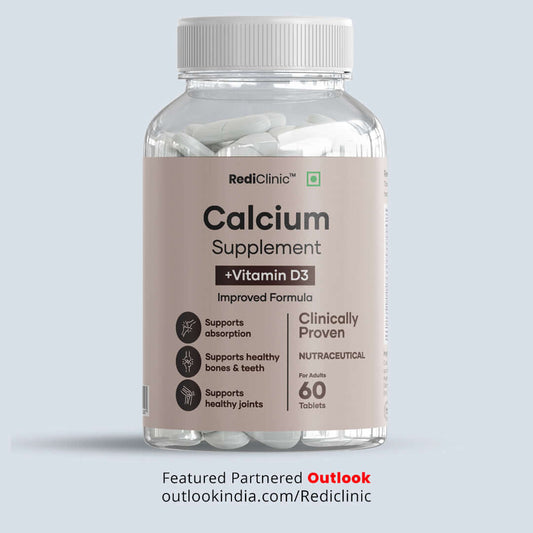
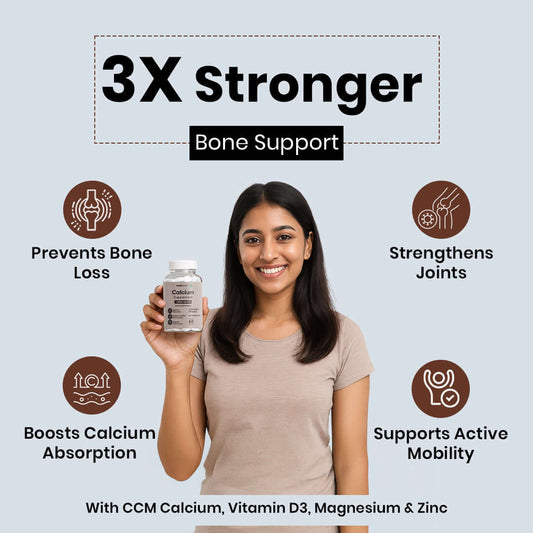
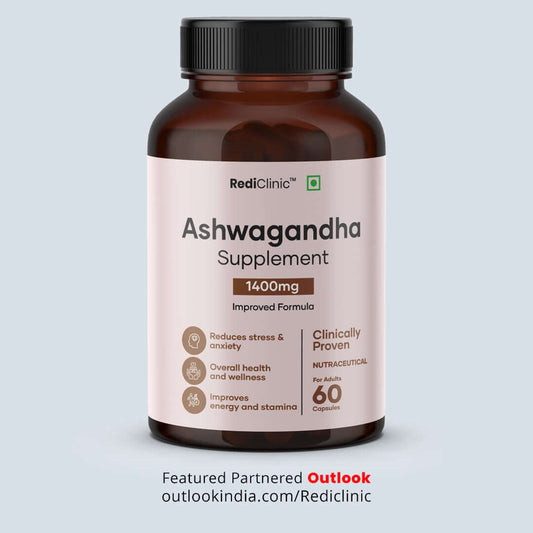
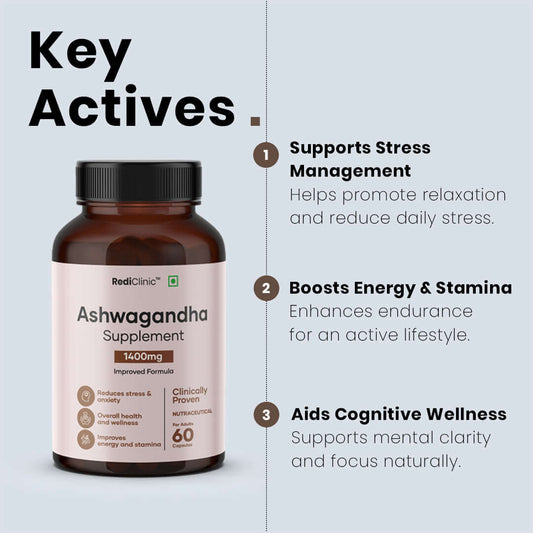
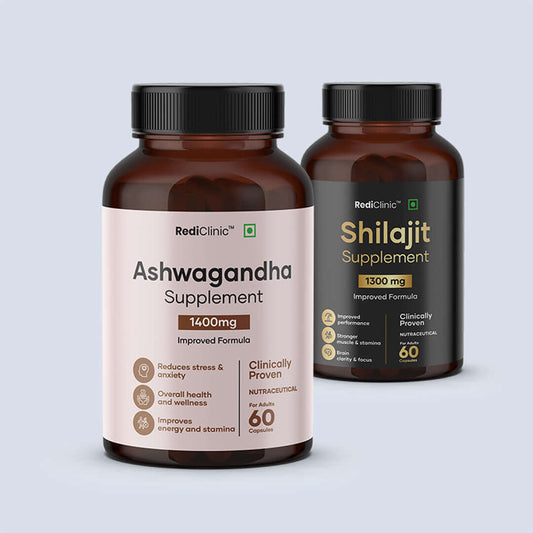
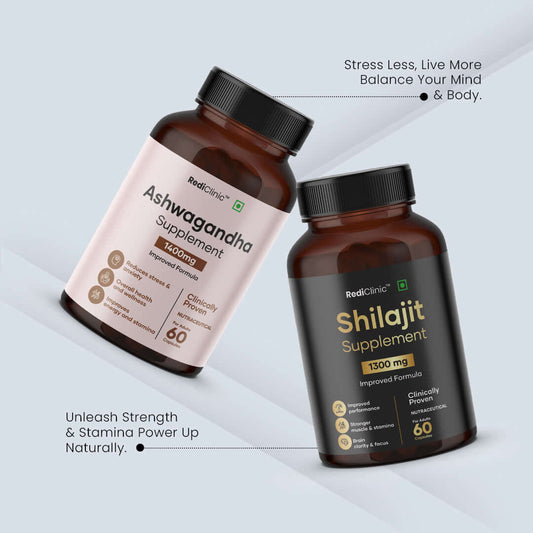
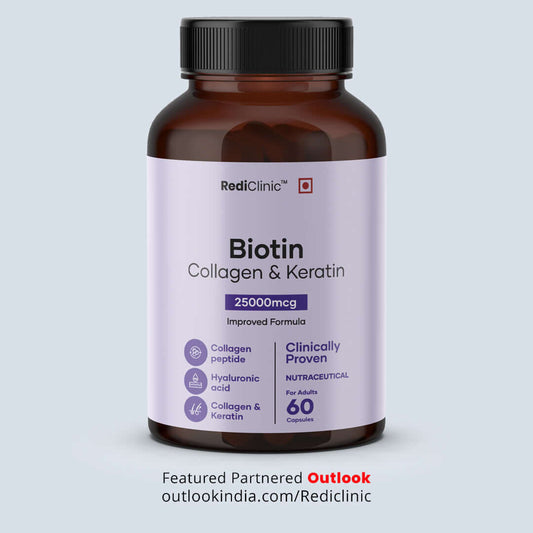
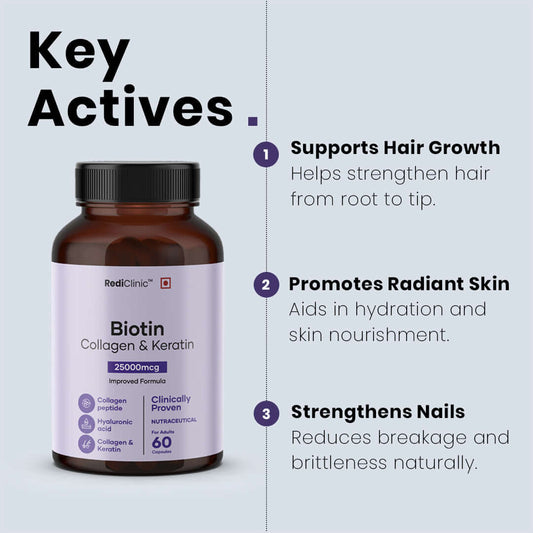
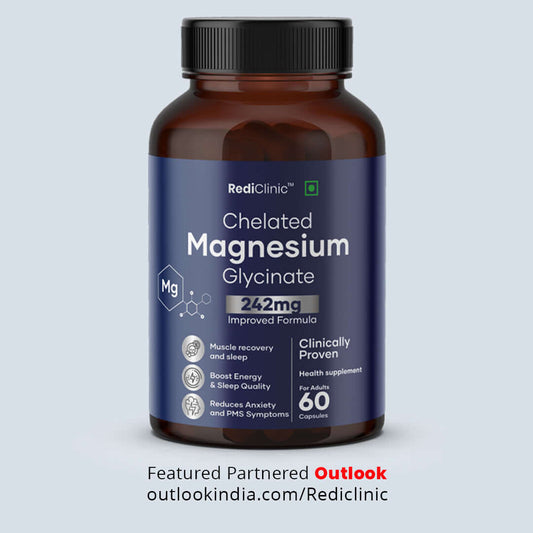
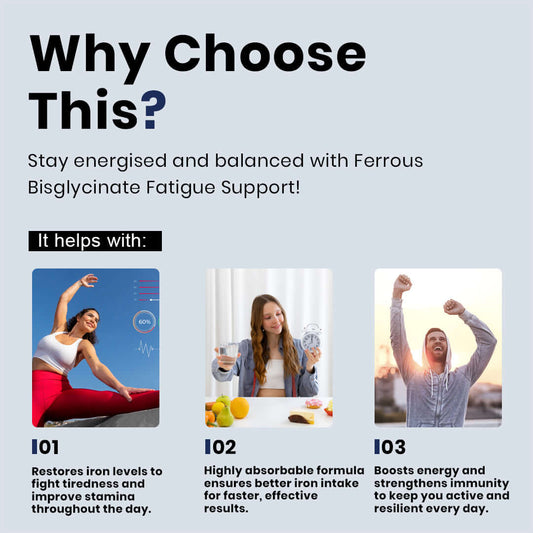
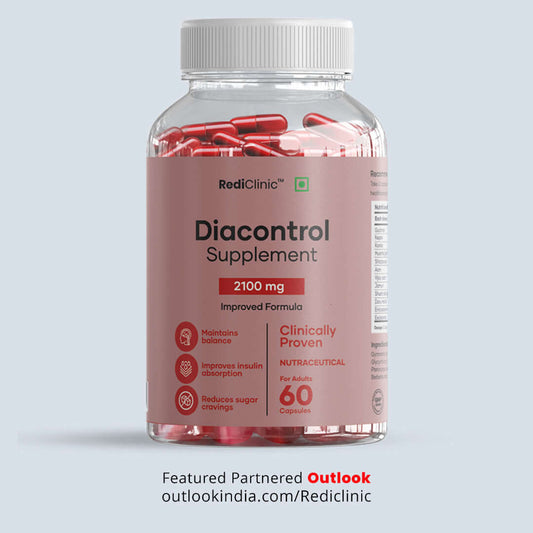

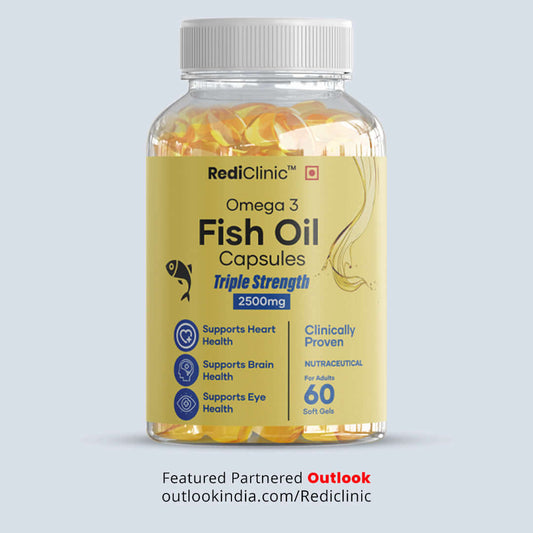
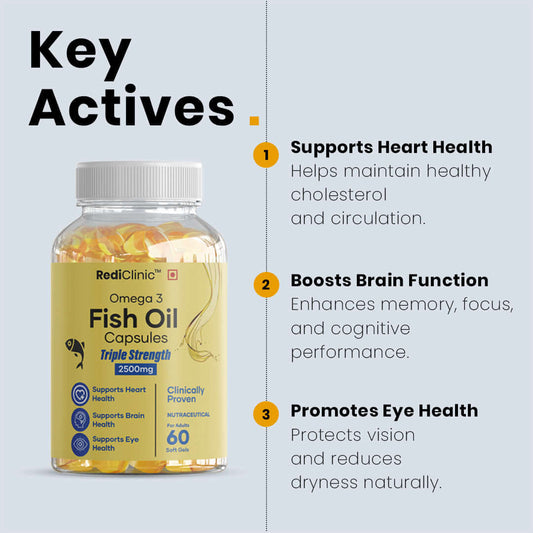
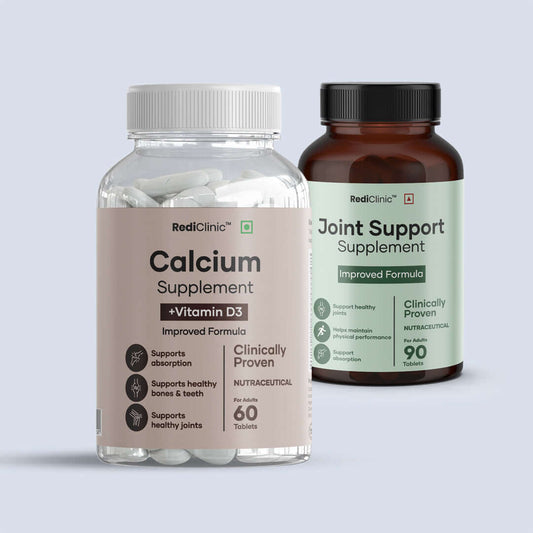
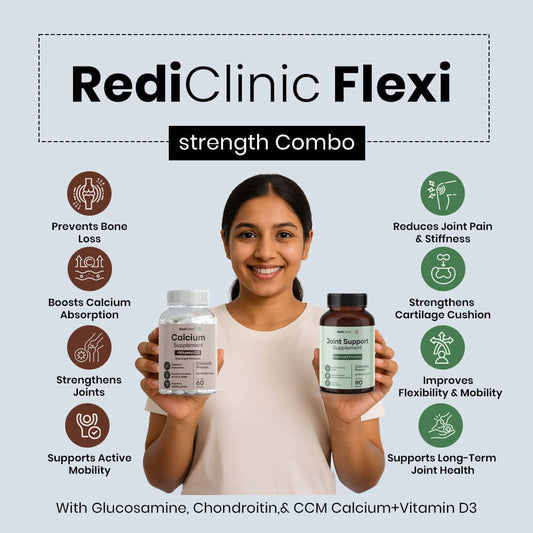

0 comments